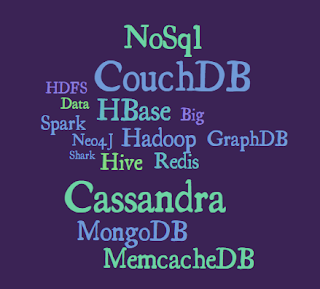New age career opportunities in Information Technology after graduation

IT boom is almost over now. Gone are the days when anyone knowing only technologies like Java, JSP, Servlet etc could have easily landed a job. Data is growing fast with companies like Facebook,LinkedIn,Twitter and competition between the companies is getting tough day by day. Today, companies focus on user experience and personalization and therefore, the need to harness this vast data is more important than ever. Now how this is translated to the newer career opportunities for graduates who have just graduated. 1. Big Data Data is growing at a rapid pace (doubling in every two years). Every year, we perform 1.2 trillion searches. Facebook users send on an average 30+ million messages every minute. Since data is growing at fast rate, it arises need to store and process the data. There are many technologies like Hadoop,Hive, MongoDB, Couchbase, Spark etc which allows user to store tons of data. This is one of the area which started growing in last couple of years and will also